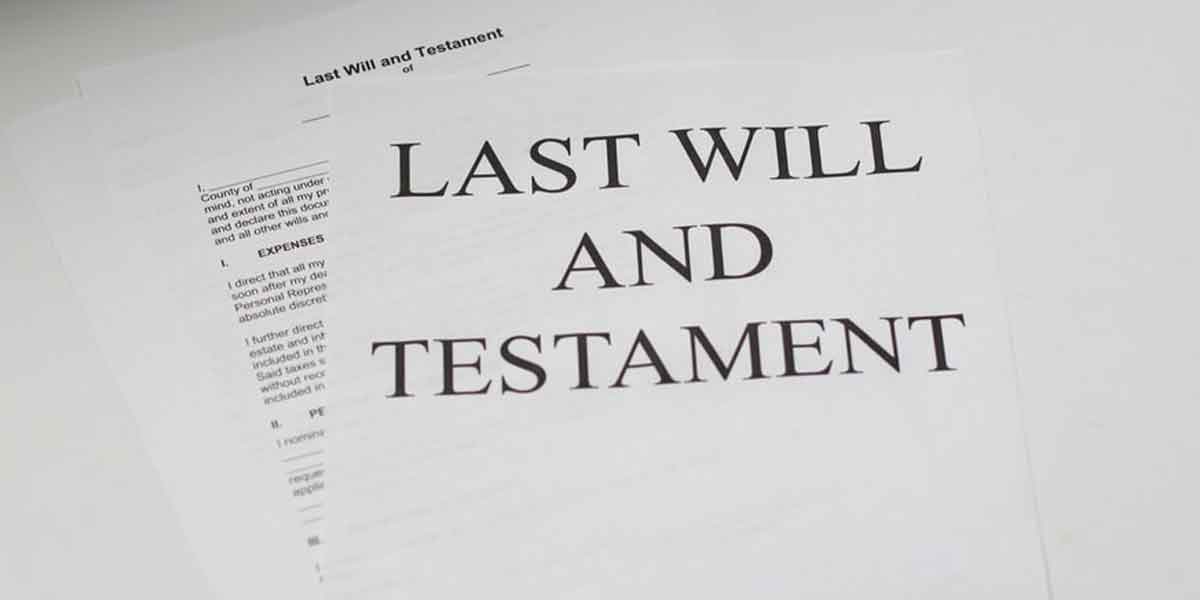Probate refers to the legal procedure of managing and distributing a deceased person’s estate. This process includes tasks such as settling debts and distributing the remaining assets to the rightful heirs. The executor, appointed by the decedent, is responsible for overseeing these duties.
During probate, the executor uses the estate’s funds to pay off any taxes and fees, which can significantly diminish the value of the inheritance left for the heirs. This is one of the primary drawbacks of the probate process. Additionally, the probate process can be stressful for the heirs, as it often requires court appearances. If the decedent’s assets are located in multiple countries, the complexity and stress can increase further.
To circumvent these disadvantages, individuals should consider alternative methods for asset distribution that do not involve a probate process. Here are some strategies to keep assets out of probate:
1. Designate Beneficiaries on All Probate-Eligible Accounts
This step can be accomplished without professional assistance. By naming beneficiaries for each asset, individuals can ensure that these assets bypass probate. Many valuable assets allow for the designation of a beneficiary, ensuring a smooth transfer upon the owner’s death.
For certain accounts, the beneficiary’s name is listed in the Payable on Death (POD) section, while for non-retirement accounts, it is listed in the Transfer on Death (TOD) section. Both designations serve the same purpose: to transfer the assets to the beneficiary after the owner’s death.
Accounts that typically allow for beneficiary designations include:
- Bank Accounts
- Brokerage Accounts
- Life Insurance Policies
- 401K Plans/Pension Plans
- IRA Accounts
Designating a beneficiary is a straightforward process that usually involves filling out one or two forms. Once completed, the beneficiary can claim the assets without undergoing the probate process.
2. Establish a Trust to Bypass Probate
Creating a trust is one of the most effective ways to avoid probate. A trust outlines how the decedent’s assets will be distributed without court involvement. Unlike a will, which takes effect after death, a trust can hold assets during the trustor’s lifetime and transfer them to beneficiaries upon death.
The trustor appoints a trustee to manage the trust and make decisions regarding the beneficiaries after the trustor’s death. Trusts offer several advantages over probate, including:
- Privacy: Probate records are public, while trust details remain confidential.
- Cost: Trusts are generally less expensive than probate, preserving more of the estate’s value for the heirs.
- Speed: Trusts facilitate a quicker transfer of assets compared to the often lengthy probate process.
3. Hold Assets Jointly
Joint ownership of assets is another effective strategy to avoid probate. By holding assets jointly with a spouse, the surviving spouse automatically becomes the sole owner upon the other spouse’s death, bypassing probate entirely.
This method not only spares the surviving spouse from the stress of court proceedings but also avoids additional taxes and fees, preserving the estate’s value.
Legal professionals, such as probate attorneys, often recommend joint ownership as a hassle-free way to ensure the smooth transfer of assets.
Conclusion
To minimize the reduction of estate value and alleviate stress, it is advisable to avoid the probate process for asset transfer. The strategies outlined above are effective ways to achieve this goal, ensuring a smoother and more efficient distribution of assets to heirs.




